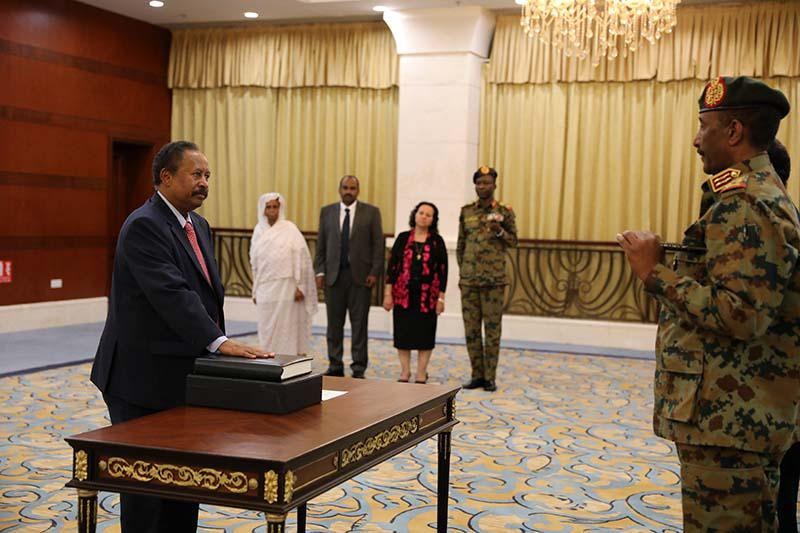
In an interview with the Financial Times published on Sunday, October 11, Sudanese Prime Minister Abdullah Hamdok slapped his fist on the table. He accused the Americans of “paralyzing” the country’s economy, keeping it on the blacklist of countries supporting terrorism and even hindering its democratization.
For the Sudanese Prime Minister, keeping his country on the US blacklist is unfair. Not only because it has been more than 20 years since Osama Bin Laden was expelled from the country – it was the fact that it sheltered him in the 1990s that triggered the sanctions – but also because Omar al-Bashir, who hosted the head of al-Qaeda at the time, has since been overthrown.
“The Sudanese have never been terrorists; that was the work of the former regime,” Abdullah Hamdok told the Financial Times. These sanctions, which “isolate” Sudan and undermine its economy, constitute a “peril on the road” to democracy.
In passing, the Sudanese head of government ruled out the possibility of Khartoum’s recognition of Israel in exchange for his country’s withdrawal from the US blacklist. “We want these issues to be addressed separately,” he said.
As for the judicial fate of former dictator Omar al-Bashir, Abdallah Hamdok says he has discussed with the International Criminal Court the possibility of creating a “hybrid court” in Sudan, composed of both Sudanese and ICC judges. But he maintains that “the best option would be to reform the Sudanese judicial system” so that he could be tried in his country.
Omar al-Bashir is currently being prosecuted in Khartoum for his 1989 coup d’état. But the ICC is still demanding it. It wants to try him for war crimes and genocide during the war in Darfur.
